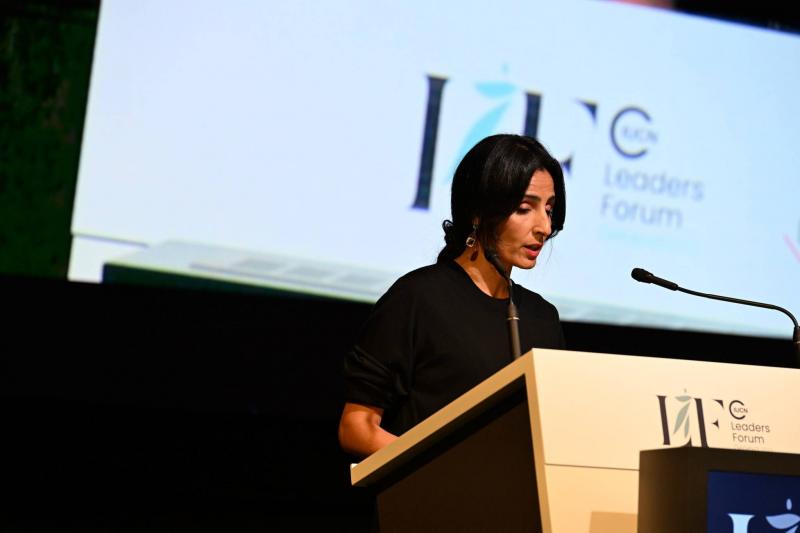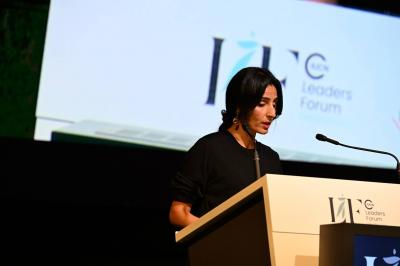Razan Khalifa Al Mubarak, President of the International Union for Conservation of Nature (IUCN), revealed an ambitious global initiative for marine environmental conservation and climate action at the IUCN Leaders Forum held in Geneva. The "Ocean Development" initiative includes science-based objectives across five key ocean sectors: marine environmental conservation, renewable ocean energy, maritime shipping, seafood, and coastal tourism. Achieving these goals will lead to significant gains in biodiversity conservation and could reduce global greenhouse gas emissions by up to 35% by 2050.
As a result of the collaborative efforts of the Marrakech Partnership for Global Climate Action, developed with the support of UN climate change leaders, the "Ocean Development" initiative identifies five transformation points that should be reached by 2030 to achieve a healthy and productive ocean by 2050. These efforts include investing at least $72 billion to protect, restore, and maintain at least 30% of the oceans, generating at least 380 gigawatts of offshore wind energy, providing affordable financing to support renewable energy projects in developing countries, enhancing the skills of 450,000 seafarers, establishing climate-resilient ports, achieving a 5% share of emissions-free fuel in maritime transport, and providing at least $4 billion annually to support resilient aquatic food systems to ensure sustainable and safe food supplies for three billion people, along with sustainable coastal tourism.
Al Mubarak, who also serves as the UN Climate Leader for the Conference of the Parties, stated: "This initiative comes at a time when we know that nature can help protect us from the impacts of climate change. In the vast expanse of our oceans lies the potential for a brighter, more resilient, and nature-rich world. Today, at the IUCN Leaders Forum, I am honored to present the 'Ocean Development' initiative as a science-aligned plan that will converge five core sectors to achieve a reduction of over a third of emissions, which we desperately need. Let us work together and unite for one goal to protect our planet."
She added: "Our survival, starting from our daily bread and water to protection from extreme weather events, depends on the healthy ecosystems of the oceans that provide us with the air we breathe. The planet's ability to support us and ensure our well-being critically depends on our oceans." The "Ocean Development" initiative will serve as a compass for non-governmental actors and governments, aiming to enrich the outcomes of the global stocktake to assess progress toward the goals of the Paris Agreement and ensure the importance of ocean-based climate solutions is recognized and included in the discussions and negotiation processes for the Conference of the Parties "COP28."




